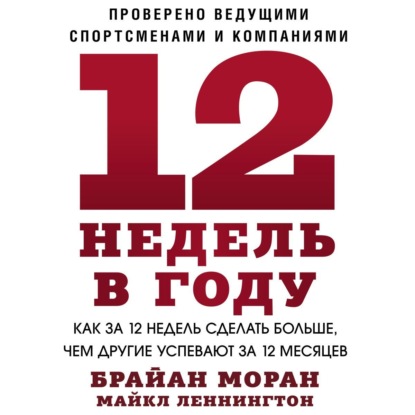Excerpt from The Principles of School Organization: A Comparative Study Chiefly Based on the Systems of the United States, England, Germany and France
There is a mass of descriptive and statistical material about the great school systems of modern culture states, the descriptions being generally rather hard of comprehension for the uninitiated reader, the statistics meaning anything or nothing according to the methodology and teleology of their manipulation. So far as the mathematics and history of education have been laid under tribute for this study the best available sources have been employed.
Here and there we have in pedagogical literature references to the influence of the pedagogical development of one historical nation upon another, often, too, something in the nature of a comparison of this national system with that or the other. For the most part these references may be assigned to two, and only two, sources, having also two quite distinct purposes. The first of these is the genial enthusiasm of some youthful pedagogical cosmopolite who having made, generally in Germany, the discovery for which the world had long been waiting, of a more perfect, nay the only perfect pedagogical revelation, holds up the foreign model before the eyes of his countrymen with much the same spirit as that with which the Crusader pressed the cross upon the attention of the Turk. To a more or less fanatical Chauvinism we owe the other common class of allusions to foreign schools which are made for the purpose of showing how immeasurably inferior they are to the native product.
About the Publisher
Forgotten Books publishes hundreds of thousands of rare and classic books. Find more at www.forgottenbooks.com
This book is a reproduction of an important historical work. Forgotten Books uses state-of-the-art technology to digitally reconstruct the work, preserving the original format whilst repairing imperfections present in the aged copy. In rare cases, an imperfection in the original, such as a blemish or missing page, may be replicated in our edition. We do, however, repair the vast majority of imperfections successfully; any imperfections that remain are intentionally left to preserve the state of such historical works. Это и многое другое вы найдете в книге The Principles of School Organization (Charles Herbert Thurber)















